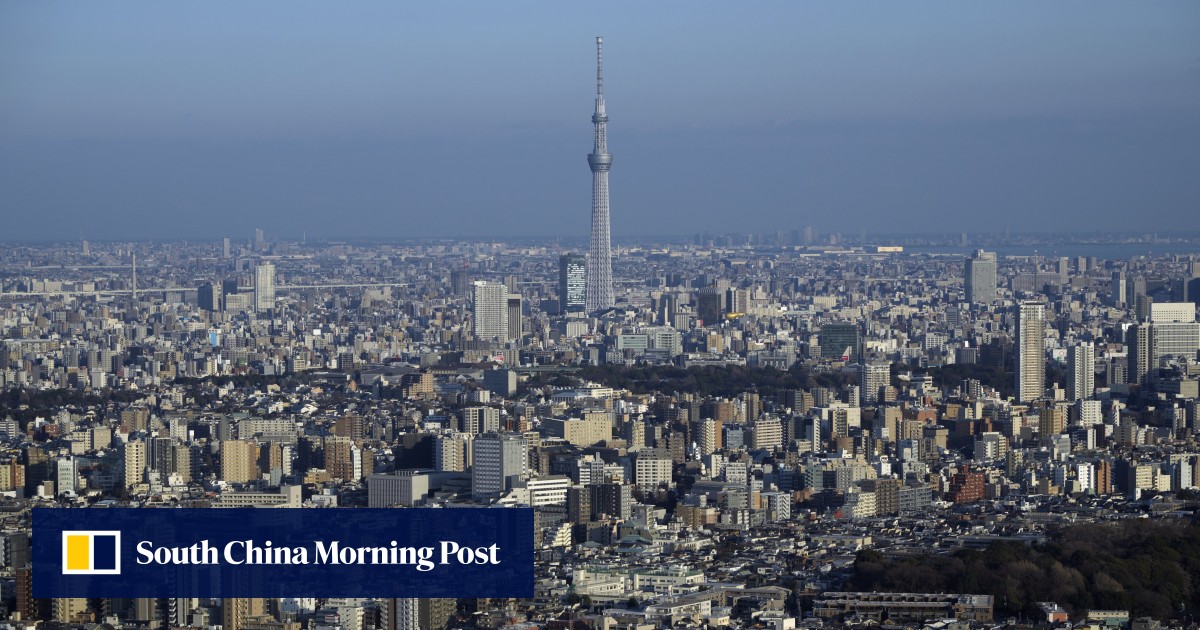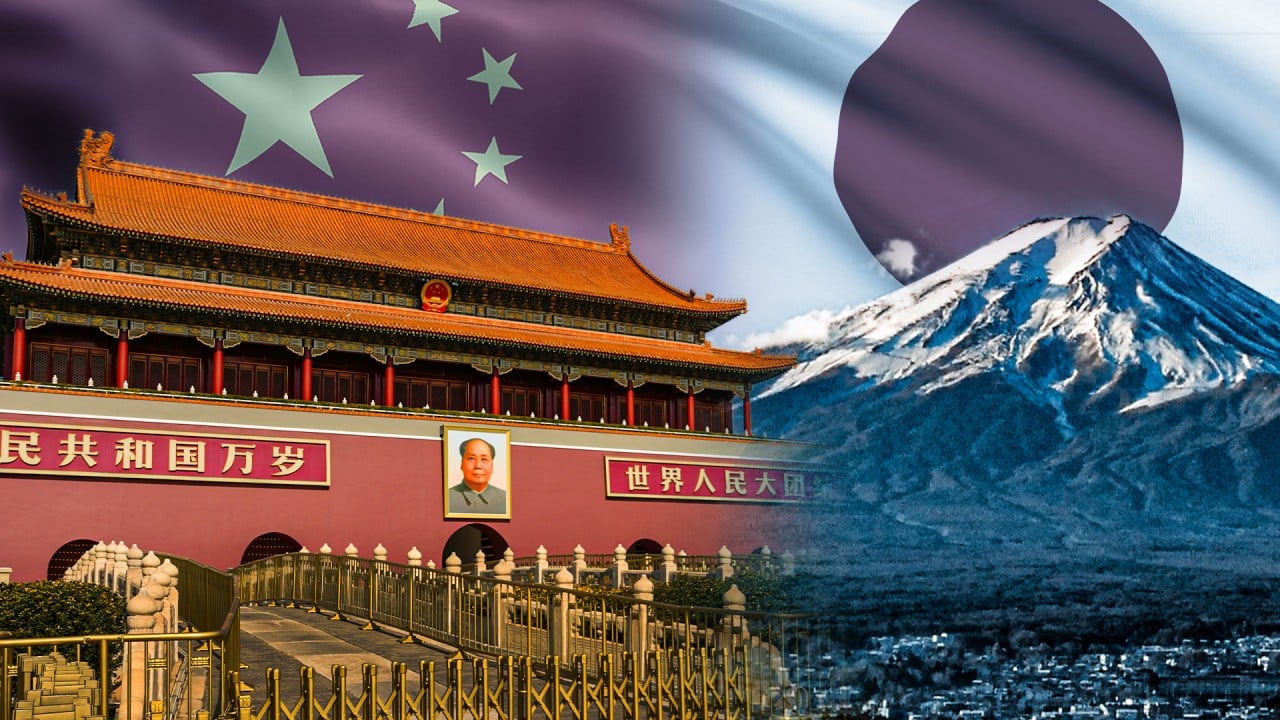The comparisons among nations’ economies look at nominal GDP, which doesn’t reflect some different national conditions, and is in dollar terms.
Japan’s nominal GDP totalled US$4.2 trillion last year, or about 591 trillion yen. Germany’s, announced last month, was US$4.4 trillion, or US$4.5 trillion, depending on the currency conversion.
For the latest October-December quarter, the Japanese economy shrank at an annual rate of 0.4 per cent, and minus 0.1 per cent from the previous quarter, according to Cabinet Office data on real GDP. For the year, real GDP grew 1.9 per cent from the previous year.
Rate cuts, China recovery to boost Hong Kong stocks in dragon year: Paul Chan
Rate cuts, China recovery to boost Hong Kong stocks in dragon year: Paul Chan
Real gross domestic product is a measure of the value of a nation’s products and services. The annual rate measures what would have happened if the quarterly rate lasted a year.
Both Japan and Germany built their economies through strong small and medium-size businesses with solid productivity. In contrast to Japan, Germany has shown a solid economic foundation on the back of a strong euro and inflation. The weak yen also works as a minus for Japan.
The latest data reflect the realities of a weakening Japan and will likely result in Japan’s commanding a lesser presence in the world, said Tetsuji Okazaki, professor of economics at the University of Tokyo.
“Several years ago, Japan boasted a powerful auto sector, for instance. But with the advent of electric vehicles, even that advantage is shaken,” he said.
The gap between developed countries and emerging nations is shrinking, with India certain to overtake Japan in nominal GDP in a few years, Okazaki said.
To solve the country’s labour shortage problem, immigration is one option. But Japan has been relatively unaccepting of foreign labour, except as temporary guests, prompting criticism about the lack of diversity and discrimination.
Another option is robotics, which has been playing out gradually but not enough to the nation’s chronic laboyur shortage.
Japan was historically touted as “an economic miracle,” rising from the ashes of World War II to become the second largest economy, only after the US, and kept that going through the 1970s and 1980s.
The entrepreneurs behind companies that rose from humble beginnings, like Soichiro Honda of Honda Motor Co and Konosuke Matsushita of Panasonic Corp, personified the hard work behind Japan Inc.
Made In Japan earned a reputation as cheap yet offering quality, and some products became coveted around the world. Those may now be the good old days.
Many factors have yet to play out, Okazaki said.
“But when looking ahead to the next couple of decades, the outlook for Japan is dim,” he said.

